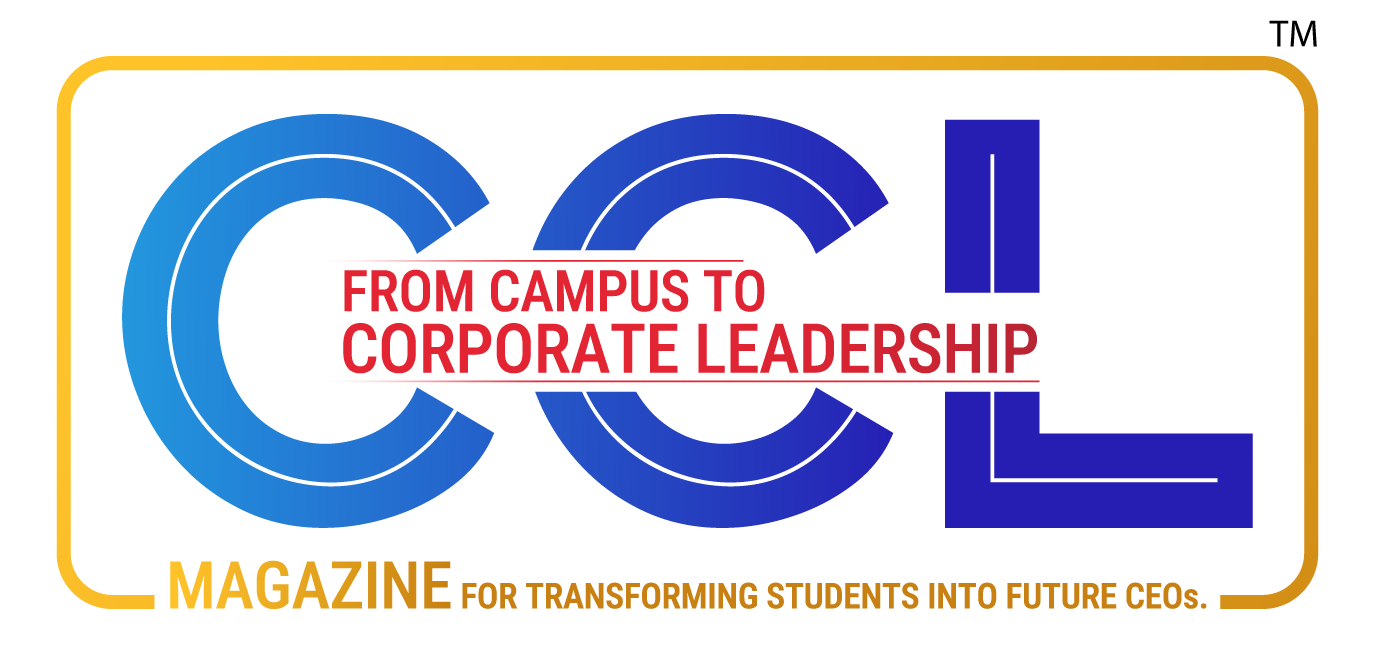Now Reading: Mastering Efficiency: The Role of Cost Accounting in Business Success
1
-
01
Mastering Efficiency: The Role of Cost Accounting in Business Success

Mastering Efficiency: The Role of Cost Accounting in Business Success
“Cost accounting techniques like ABC, JIT, and standard costing empower businesses to reduce waste, optimize resources, and improve decision-making. In a tech-driven era, these methods—enhanced by AI—are vital for boosting efficiency and achieving sustainable growth.”
Lilashi Chandrakumar
Scroll to Top









